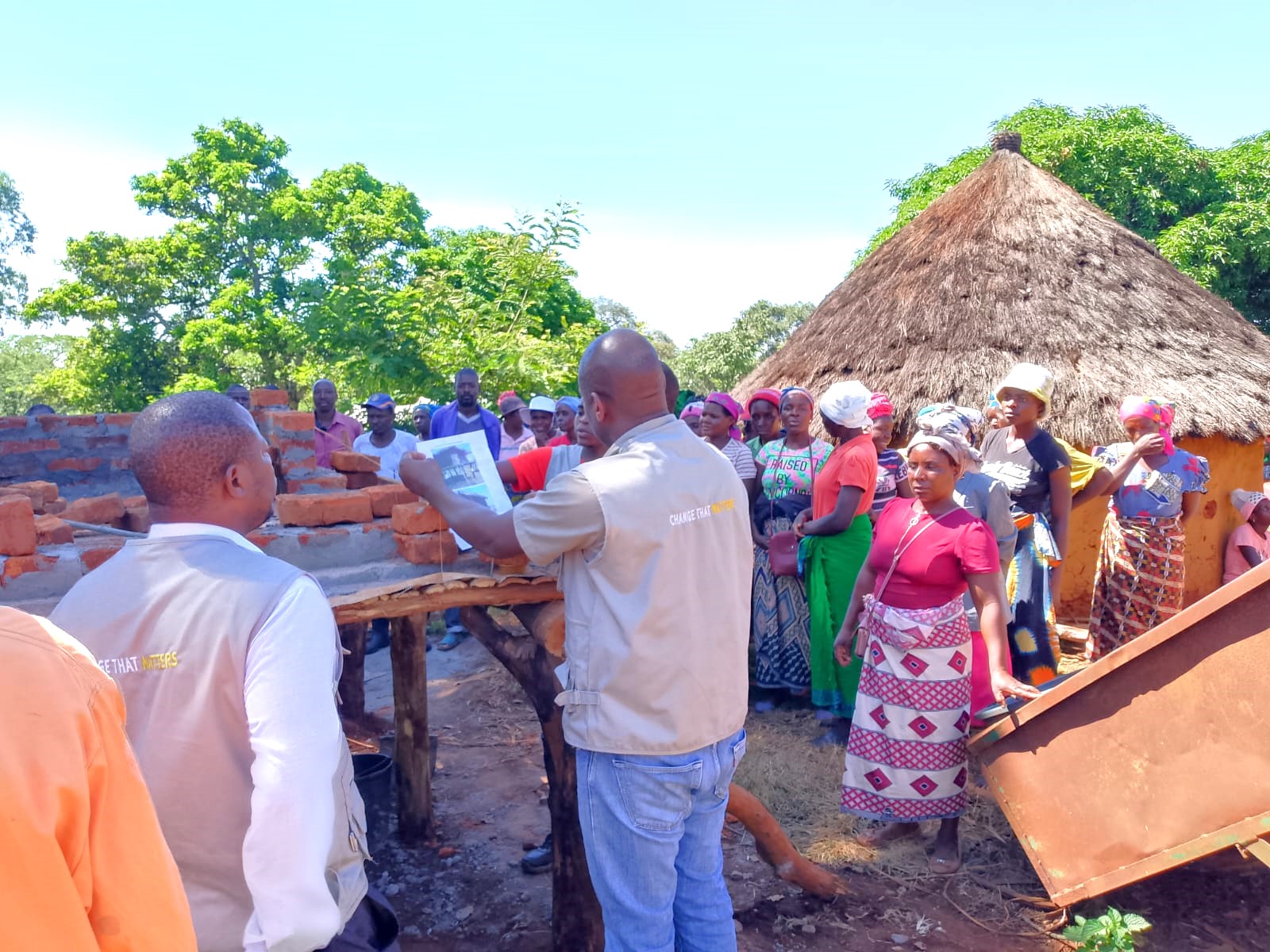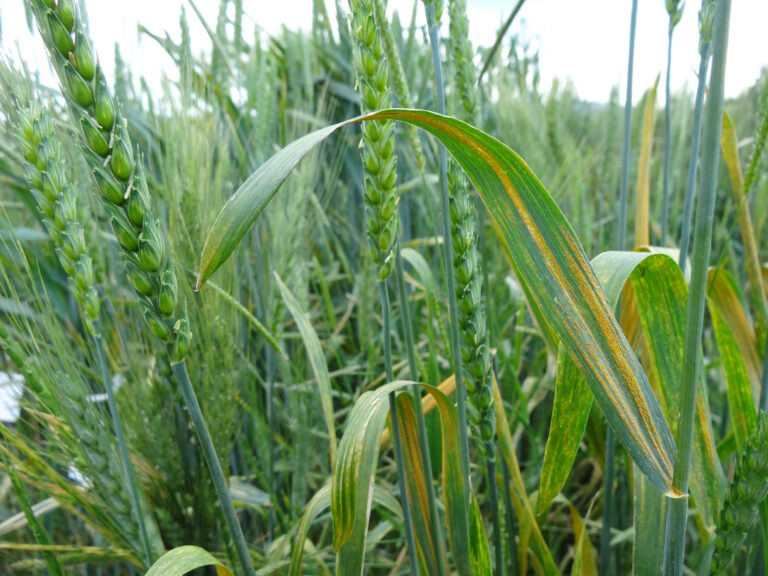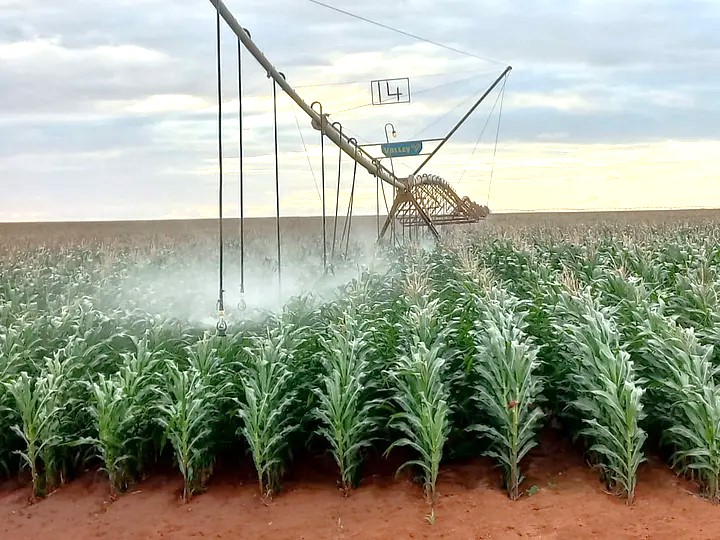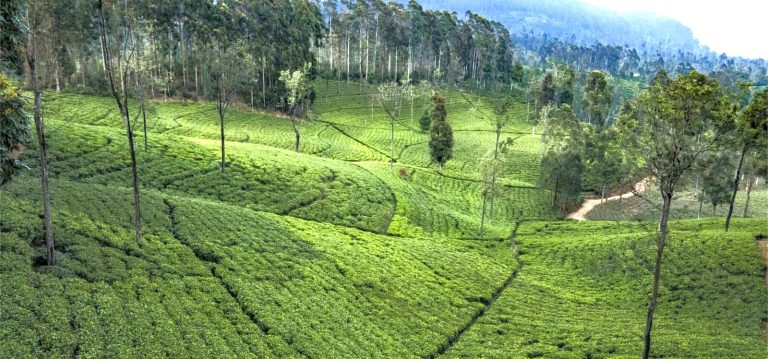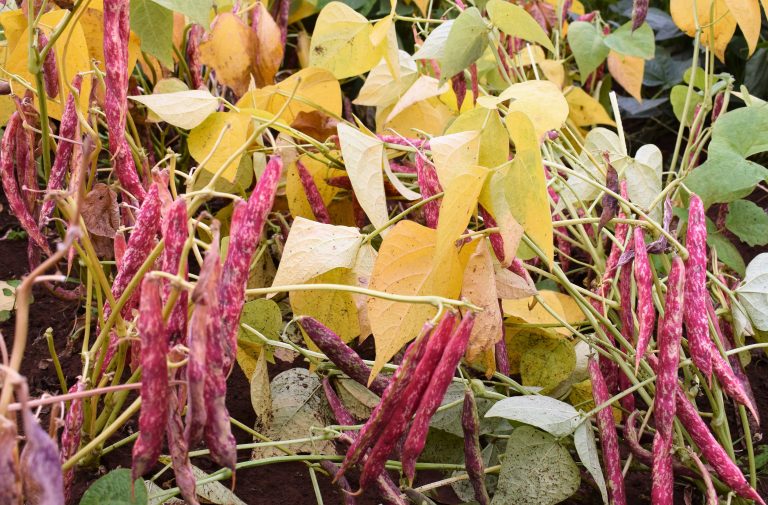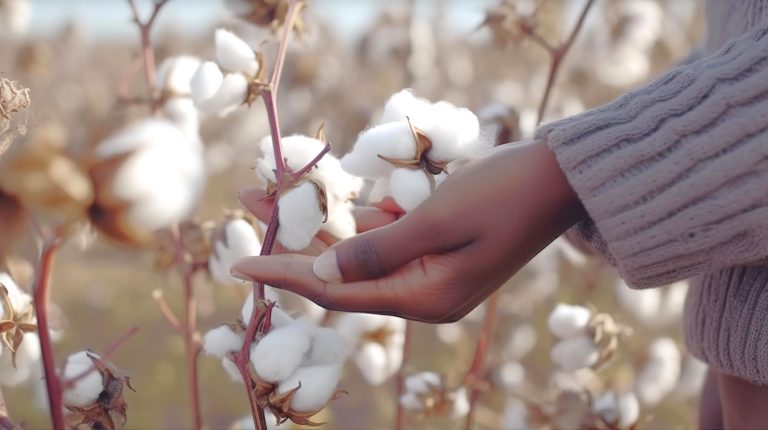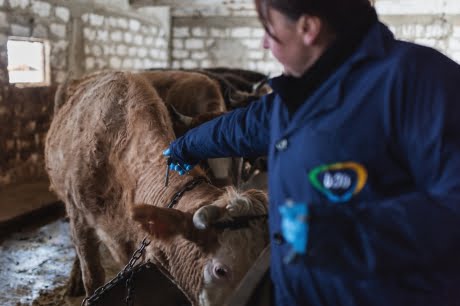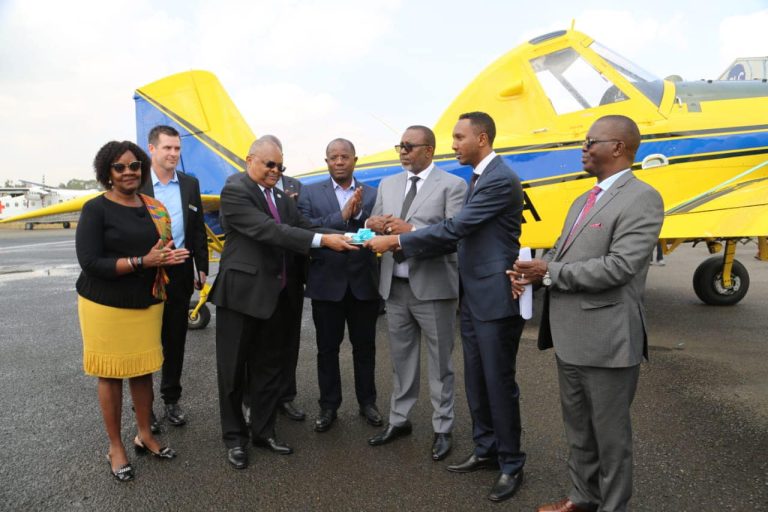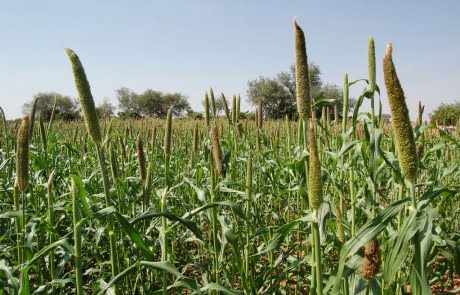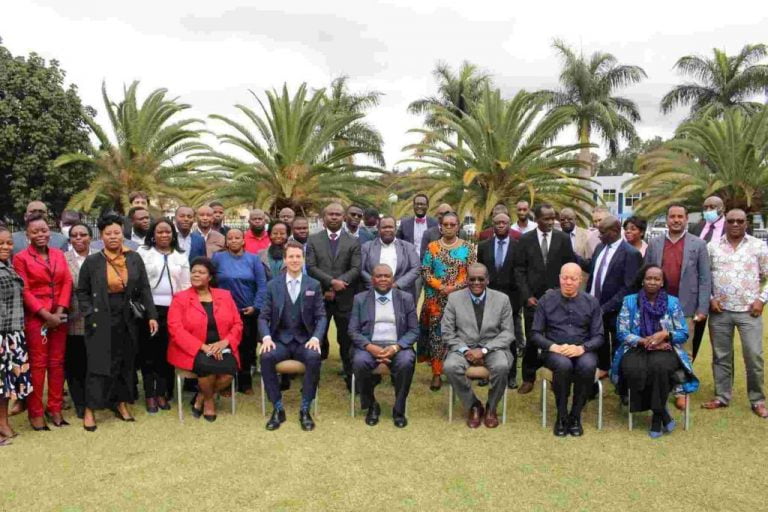By Kimuri Mwangi
Food waste is a pressing global issue that not only squanders valuable resources but also exacerbates hunger and environmental degradation.
The Food and Agricultural Organization (FAO) estimates that globally, approximately one-third of all food produced for human consumption is lost or wasted each year, amounting to about 1.3 billion tonnes annually. The African Postharvest Losses Information System (APHLIS) highlights that up to 50 percent of crop production in sub-Saharan Africa may be lost due to inadequate storage, handling practices, and infrastructure. These losses, valued at USD 4 billion in cereals alone, pose a significant threat to the food security and livelihoods of millions.
In Mozambique, despite significant strides in agricultural production, food waste remains a dire challenge, with the World Food Programme estimating that 30% of food produced goes to waste each year. As the world observed Stop Food Waste Day on 24 April 2024, it is imperative to recognize the critical role that women can play in combating this issue. Women, who often bear the primary responsibility for food production and management in households and communities, possess unique insights and solutions to reduce food waste and ensure food security for all.
Solidaridad, an international NGO working in agriculture value chains and with small holder farmers stands in solidarity with women in Gurue and Mussorize districts of Mozambique, recognizing their invaluable contributions to the tea sector and agricultural development in Southern Africa. It has been running The Acting Now project which has been implementing initiatives focused on post-harvest technologies, such as improved traditional silos and hermetic bags to assist farmers especially women in preserving their crops. This aims to address the gap in food availability by ensuring that produce can be stored for future consumption during off-seasons. Additionally, the project aims to help farmers capitalize on favorable market conditions by ensuring they have produce to sell when prices are high, thereby maximizing their returns on investment.
Furthermore, the project seeks to facilitate the aggregation of harvests, making it easier for farmers to collectively sell their produce for better market prices. This includes streamlining price negotiations with potential buyers seeking bulk supply. Given the pressing issue of food security, exacerbated by climate change, the project recognizes the importance of supporting farmers in maximizing their harvest yields.
The organization adds that the programme is also considering the implementation of a Farmer-to-Market Tool, which will enhance market access and efficiency by focusing on the establishment of aggregation centers.
In committing to gender equality and social inclusion Solidaridad ran initiatives such as the Gender Equality and Social Inclusion (GESI) dialogues conducted in Gurue and Mussorize districts. These dialogues provided a platform for women to voice their concerns, share experiences, and advocate for change, reinforcing their role as essential stakeholders in the agricultural sector.
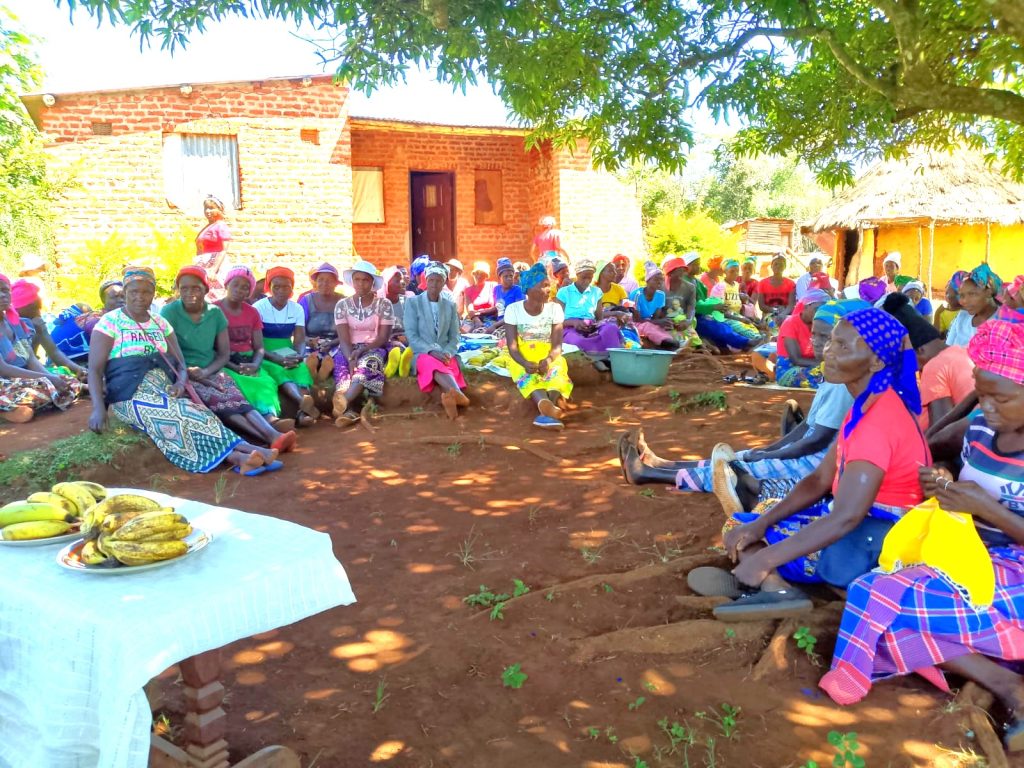
“The active engagement of women in Mozambique’s agricultural sector is truly inspiring. Their steadfastness not only challenges conventional gender norms but also signifies a significant move towards inclusivity and gender equality. Women’s critical role in agricultural production contributes substantially to the country’s GDP, facilitates household income diversification, and enhances family health and well-being. Their resilience and determination highlight a transformative shift, aligning with Solidaridad’s commitment to inclusivity and amplifying diverse voices through initiatives like our RECLAIM Sustainability! strategy. Through their active participation, Mozambican women in agriculture exemplify the profound impact of grassroots efforts in promoting gender equality and fostering inclusive development,” says Precious Greehy, Head of Gender and Youth at Solidaridad.
Greehy further asserts that the transformative impact of women’s engagement in agriculture and how empowering, equipping, and standing up for women in agriculture can call for a turnaround with regard to food waste. “The active participation of women in Mozambique’s agricultural sector is inspiring. Their resilience challenges traditional gender norms and fosters inclusivity, contributing significantly to economic growth, household income diversification, and family well-being,” continues Greehy.
These sentiments are reinforced by Nozipho Ndlovu, Regional Programme Manager at Solidaridad who underscores the importance of recognizing women’s contributions in the tea industry along with their influential roles in communities. “Through our dialogues, we’ve witnessed the vital role women play in tea production, essential for sector sustainability. However, challenges persist, including low wages, limited access to permanent employment and land, inadequate protective equipment, and underrepresentation in policy-making platforms,” explains Ndlovu.
According to Piheter Supinho, the Project Coordinator at Solidaridad, systemic barriers hindering women’s full participation across agricultural value chains need to be challenged head-on. “The voices of women in agriculture are powerful but often overlooked. It’s crucial to dismantle barriers and provide equal opportunities for their active participation,” opines Supinho.
Despite challenges, women in Mozambique have demonstrated solidarity and unity through collective action and community development initiatives. Associations like Phassi Ni Ndzara, Mpingo, Dzimbire, Mpengo, Noroby, and Silva-Gotocoto have advocated for the rights and interests of women smallholder farmers, particularly in Gurue. Time and time again, African women have stood up for the advancement of communities, tackling food insecurity, waste and loss.
“Together, we can overcome obstacles and create a more equitable future for the advancement of our strong and resilient Mozambican women – and all who call this mighty nation home,” concludes Francisco Nhanale, the Country Manager (Mozambique) at Solidaridad.


